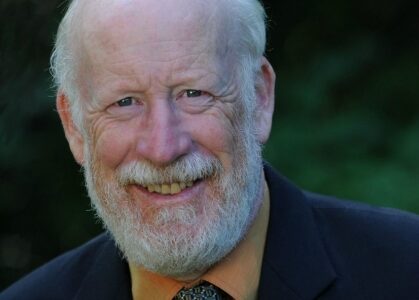OP/ED: Francophonie: Cultural diversity or bigotry?
We are very fortunate to live in a culturally diverse nation, and for the most part, Canadians cling to the multiculturalist ideal.
It is understandable that there needs to be restrictions on the accommodation of religious and cultural minorities, such as the prohibition of female genital mutilation and child marriage, but in the case of Naema Ahmed, it is not about accommodation at all – it’s about the limits of tolerance.
The circumstances of Ahmed’s handling are distressing; she was twice expelled from French language classes for immigrants after she refused to remove her niqab (a veil that covers the entire face, except for the eyes) and it seems many people from Quebec view such religious dress as objectionable.
It is so objectionable that Christine St-Pierre, Quebec minister responsible for the status of women said, “Here, we cannot tolerate this sort of thing,” and equated the niqab and burka as an “ambulatory prison”.
Even so, Ahmed was only doing what Canadians hope of all immigrants, yet very few do – that they become capable in one of Canada’s official languages.
However, it appears that Quebec’s francophone population has an attitude problem; it has become increasingly prejudiced of immigrants and minorities, with politicians pandering to the few.
This is because the Liberal government has come under pressure from the opposition, Parti Quebecois, to get tougher on those who flaunt differences, with the Liberals even considering legislation regarding head coverings.
Yet, in a province that demands the rest of Canada pander to every aspect of their francophone heritage; where there seems to be an expectation of preferential treatment; that has continuously fought integration into Canadian society … one would think this society would be more tolerant, rather than less-so.
I believe that Quebec society categorizes itself as a frail minority that must be ever-vigilant against cultural erosion… thus the collective francophone rights will often outweigh individual rights.
In fact, Quebec’s immigration minister, Yolande James, said, “There is no ambiguity about this question. If you want to attend our classes, if you want to integrate into Quebec society, here are our values. We want to see your face.”
Politicians are starting up a slippery slope when prescribing “our values”, and they will need to have better rationalizations to limit individual rights than an intolerant position that says, in effect, “If you want to come to Quebec, you have to be like the rest of us.”
Because first they will have to define what “us” is.























